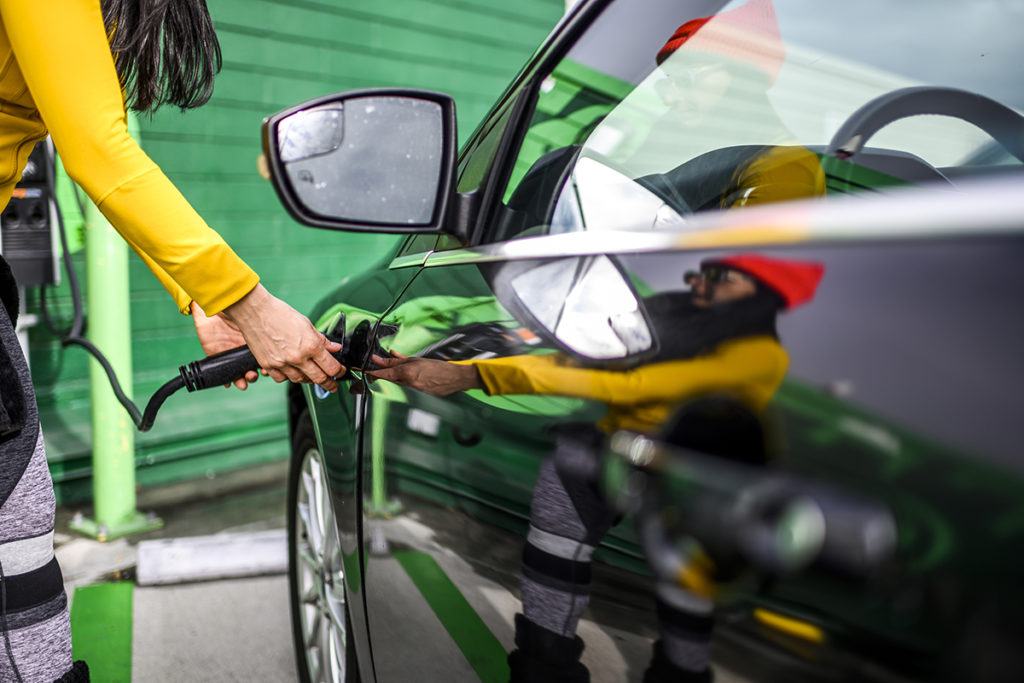
A coalition of 29 electric cooperatives has created a regional electric vehicle charging network across Wisconsin, Minnesota, Illinois and Iowa designed to encourage co-op consumer-members to drive EVs.
The coalition invested over $100,000 in more than 40 Level 2 and Level 3 chargers provided by ZEF Energy Inc. of Edina, Minnesota, to form the CHARGE EV network. Co-op leaders hope the chargers, installed near major highways and interstates, will assure Midwest drivers that they can take EVs on long drives without fear of running out of power.
“Electric co-ops have brand awareness and a strong relationship with their members and communities,” said Nate Boettcher, CEO of Pierce Pepin Cooperative Services in Ellsworth, Wisconsin. “We want to ensure when EV drivers leave their co-op service area they know other EV charging stations are available throughout the upper Midwest powered by electric co-ops.”
Co-op leaders said they created the charging network to help prepare for future growth in EV use, which has the potential to help co-ops boost the sale of electricity during non-peak periods. Many co-ops provide incentives to members to charge EVs during overnight hours, when overall electricity demand is low.
“Programs like this demonstrate the co-ops’ commitment to improving access to environmentally friendly electric technologies for their members, educate the public about electric transportation and showcase the co-ops’ concern for their regions by investing in a local company that is committed to the citizens of their communities,” said Brian Sloboda, NRECA’s director of consumer solutions.
CHARGE EV’s goal is “to provide EV owners peace of mind driving from Iowa to northern Wisconsin, or from Minnesota to Illinois, knowing there are co-op-powered chargers along their route,” said Jeff Springer, manager of innovation and efficient electrification at Dairyland Power Cooperative in La Crosse, Wisconsin. “That will give people confidence to consider an EV and encourage growth in the EV market.”
The coalition is a big boost for small co-ops, which do not have the resources to invest in EV charging by themselves, said Jesse Singerhouse, general manager and CEO of Dunn Energy Cooperative in Menomonie, Wisconsin.
“Being a smaller cooperative, Dunn Energy jumped at the chance to collaborate with other electric cooperatives to form CHARGE EV,” Singerhouse said. “By working together, we can help our members and non-members alike feel more comfortable purchasing an electric vehicle in our region.”
CHARGE EV will also focus on educating members about installing home chargers and encouraging them to test-drive EVs. The coalition hopes its efforts will inspire other co-ops to join the network.
“We are proving this can be done in the upper Midwest where EV adoption has been slow, but we believe the real value will be in having other cooperatives join under the CHARGE EV brand,” Boettcher said. “We hope in the near future there is a national co-op EV brand and charging network.”
Erin Kelly is a staff writer at NRECA.